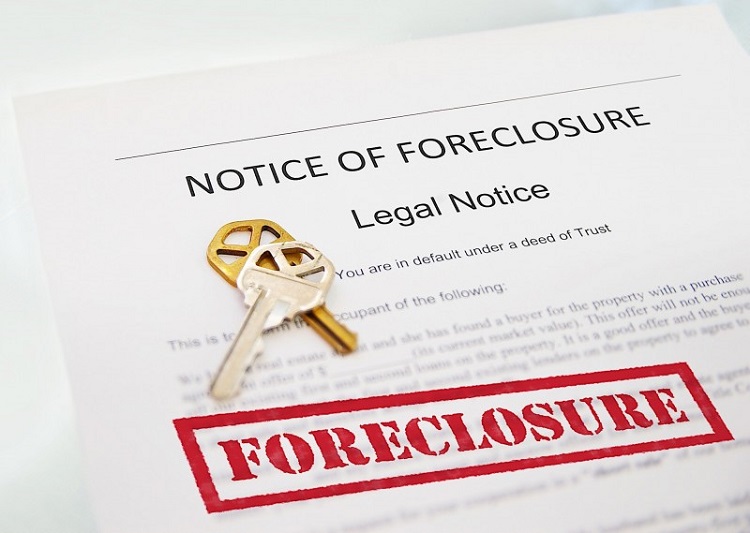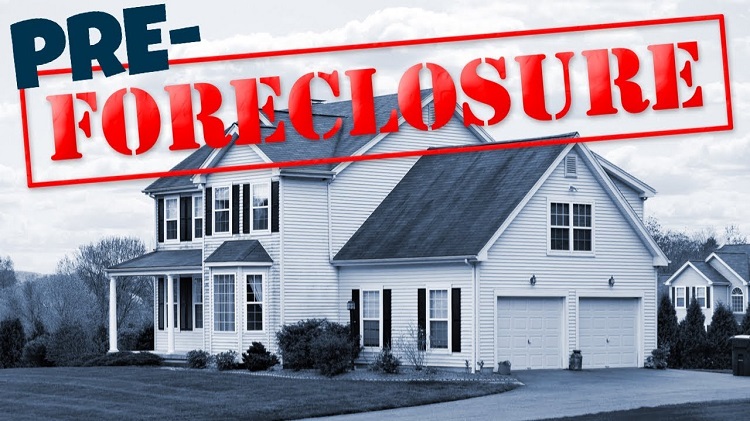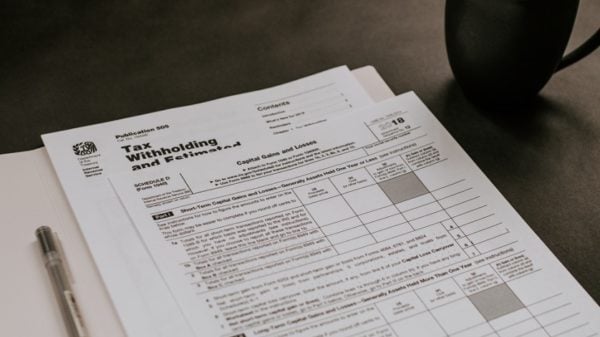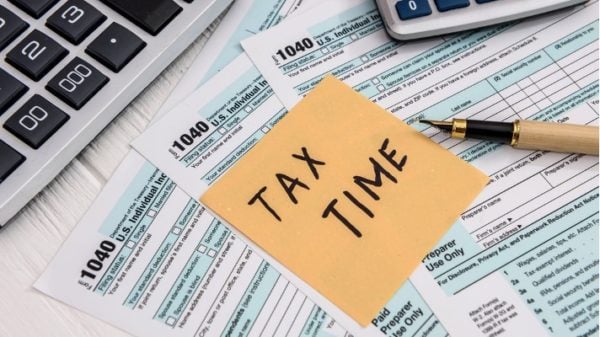If you have failed to make mortgage payments, you might have gotten a notice from your bank to notify you that your property will be in the pre-foreclosure stages. If you don’t act immediately, you may be in jeopardy of losing your home. It can be an emotionally and financially frustrating risk.
A pre-foreclosure seems like a negative term and a problematic situation. Fortunately, there are ways to recover your house from this condition. Understanding what foreclosure is and what available options you have can help you avoid entirely losing your property.
The meaning of pre-foreclosure
Pre-foreclosure meaning is the initial step in the foreclosure process. It is designed to provide homeowners available options to stay in their homes prior to foreclosure. A pre-foreclosure occurs when a homeowner fails to make mortgage payments. It prompts the lender or bank to issue a default. This notice is a legal one and means that the lender has begun the legal process of foreclosing the property.
How does the process of pre-foreclosure work?
The pre-foreclosure process compromises several steps. The first is it begins when you miss your monthly payment. When you purchase a home and take out a mortgage, you sign an agreement to make monthly payments until the loan balance is reached. If you do not meet any of these payments for any reason, you are violating the terms of the contract with your lender.
Default
If you miss three straight months of payment, you will automatically go into default. The process of foreclosure is costly for lenders, so they will want to avoid it as much as possible. In the majority of cases, lenders will work with a homeowner to make adjustments. They may agree to have lower payments, delay the charges, or even restructure the loan. There are several options homeowners may take if they need additional help with their mortgage payments, such as mediation.
Notice of Default
After 3 to 6 straight months of missed payments and no sign of collaboration with the lenders, you will receive a notice of default. It is a written notification that the lender will pursue legal acts if the mortgage is not paid. The lender might also file a lawsuit with the court. It officially begins the pre-foreclosure process, which can last from a range from 3 to 10 months.
Auction
The lender or the bank’s goal is to get the money they are owed on the property. If you don’t take act immediately to resolve the case, an auction will be taking place. Typically, the auction will begin with a minimum bid of the amount owed to the lenders. After this, the foreclosed home is sold to the highest bidder. If your home is successfully sold during this auction, you will be required to move out. The new owners will do with the home as they please.

Foreclosures are something you want to avoid at all cost. If your bank or lender is initiating a foreclosure, they will first begin with a pre-foreclosure. It is critical to collaborate with them at this point to mitigate having to sell your house and move out and thus lose your investment.
Make sure to catch up on missed payments
The initial step to getting out of a pre-foreclosure is by catching up on every missed payment. Suppose you can successfully do this and pay any late fees or other penalties and continue making your regular payments throughout the life of the loan. In that case, most lenders will immediately stop the pre-foreclosure process.
You might want to consider a loan modification
Another option for you is to ask for a loan modification. You can refinance your property, but ultimately it means that you go to your lender, and they will have to rewrite your loan contract. Typically, this will extend the duration of your loan. When you spread the payments for several years, it will give you more better payments as well as additional time.


































































